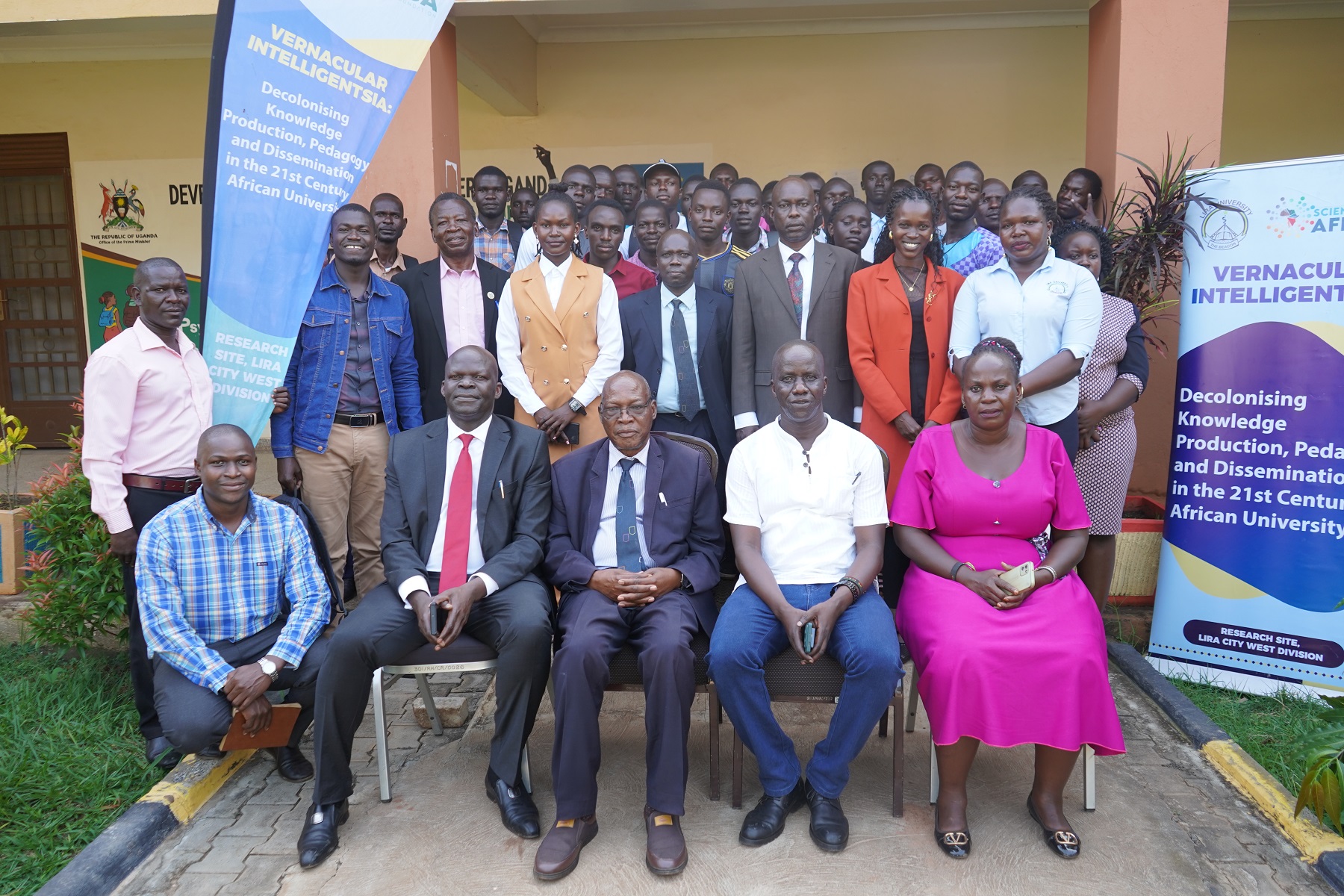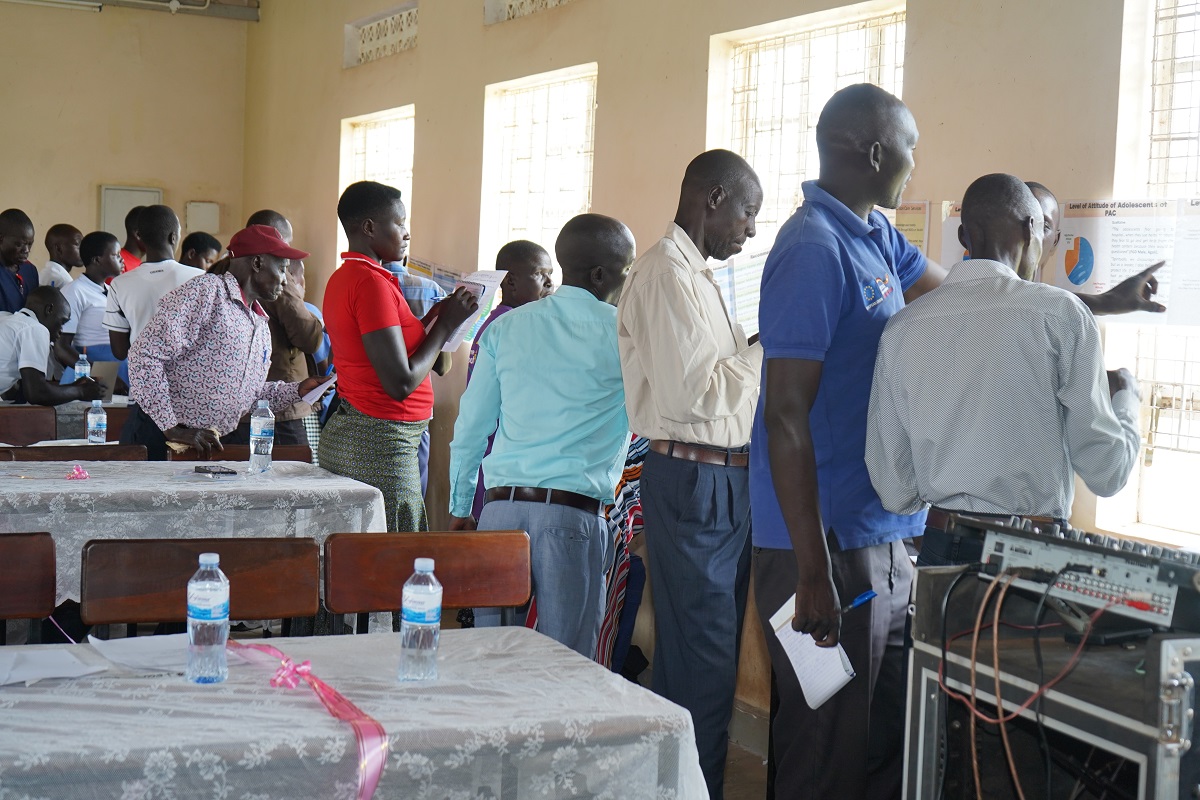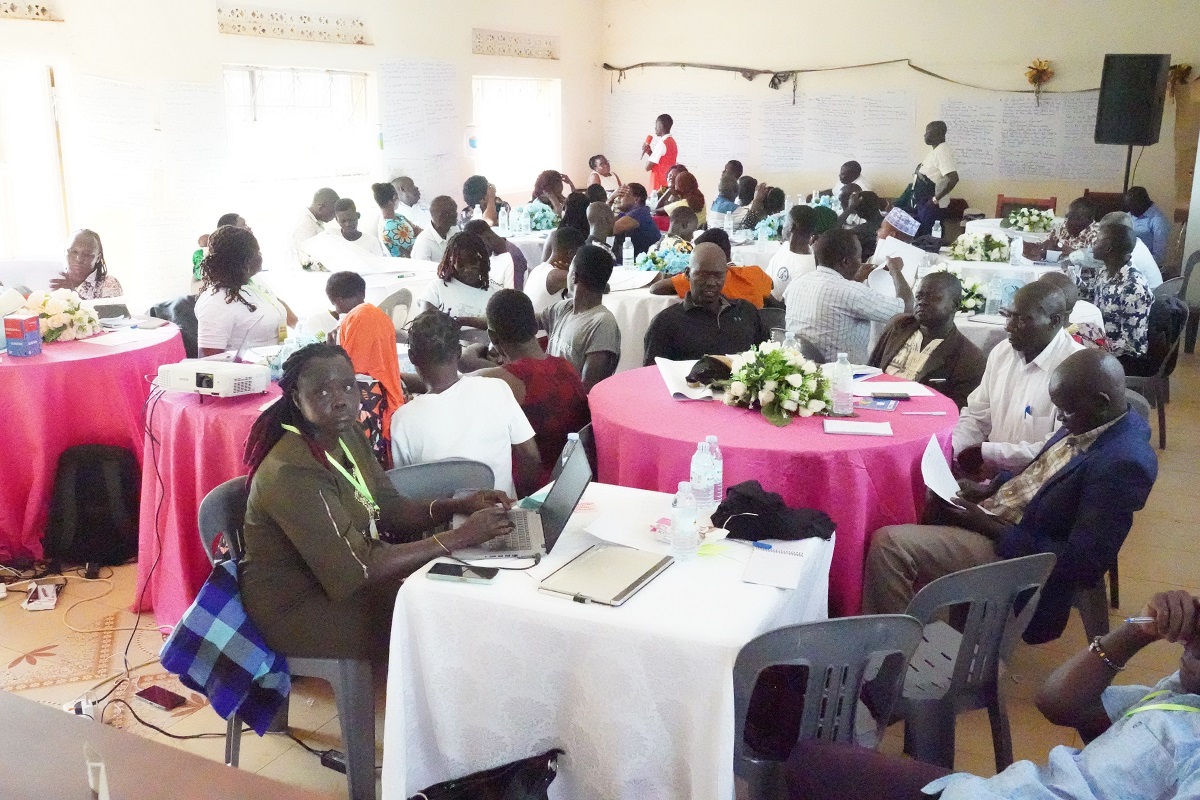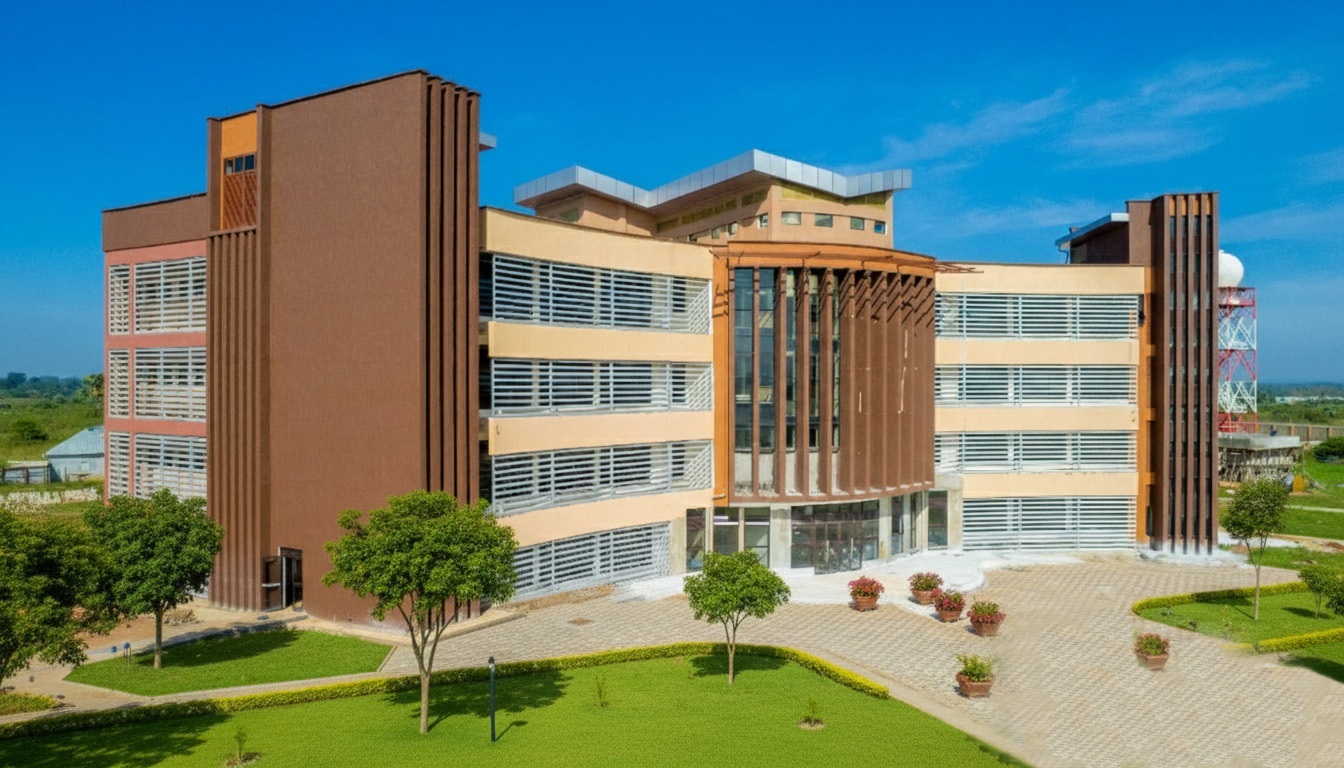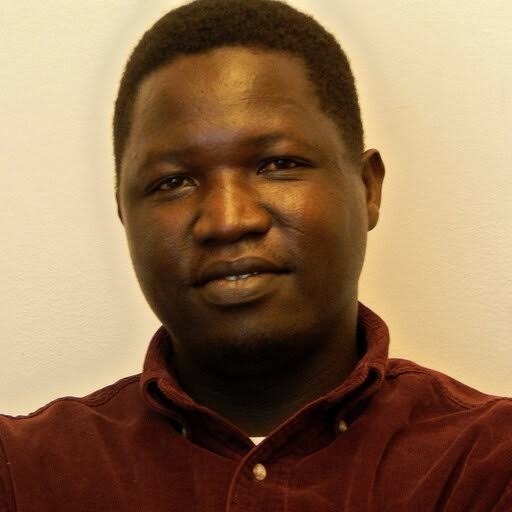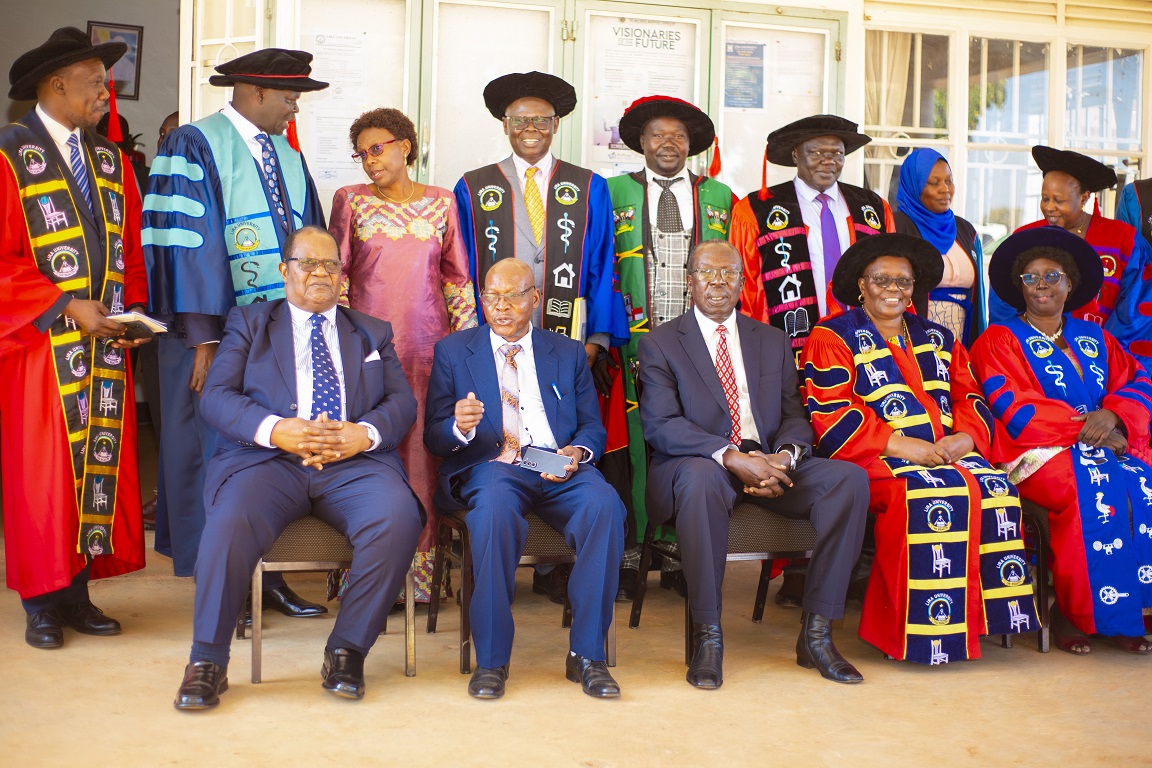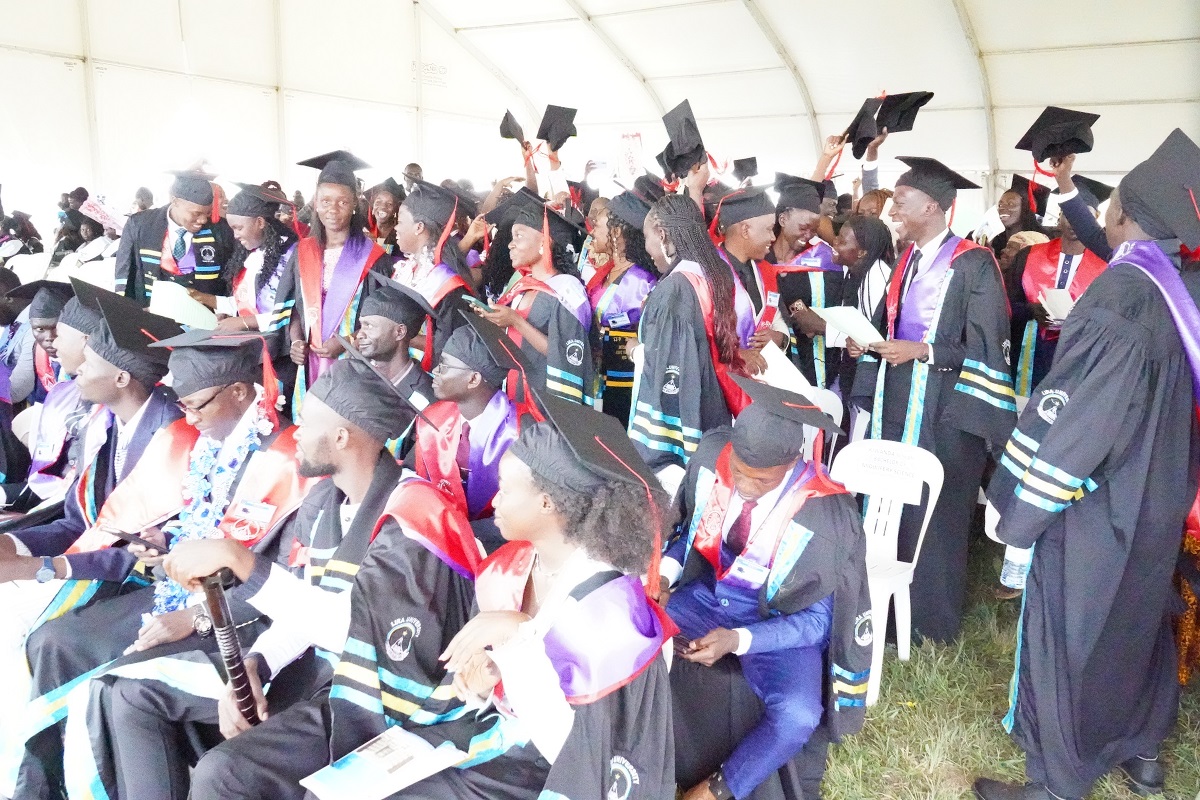By Patrick Opio
Senior Communications Officer
Lira University Vice Chancellor, Prof. Jasper Ogwal Okeng has underscored the benefits of indigenous knowledge for its holistic perspective which emphasizes the interconnectedness of humans and nature for sustainable practices.
Prof. Ogwal Okeng observed that indigenous knowledge plays a big role in environmental conservation and resource management, preserving biodiversity and promoting resilience.
The Vice Chancellor called for more research on indigenous knowledge as most modern medicines originated from traditional medicines. “Foreign knowledge on medicine is less precise, not organic or original. They steal the African knowledge and skills on medicines…” he adds.
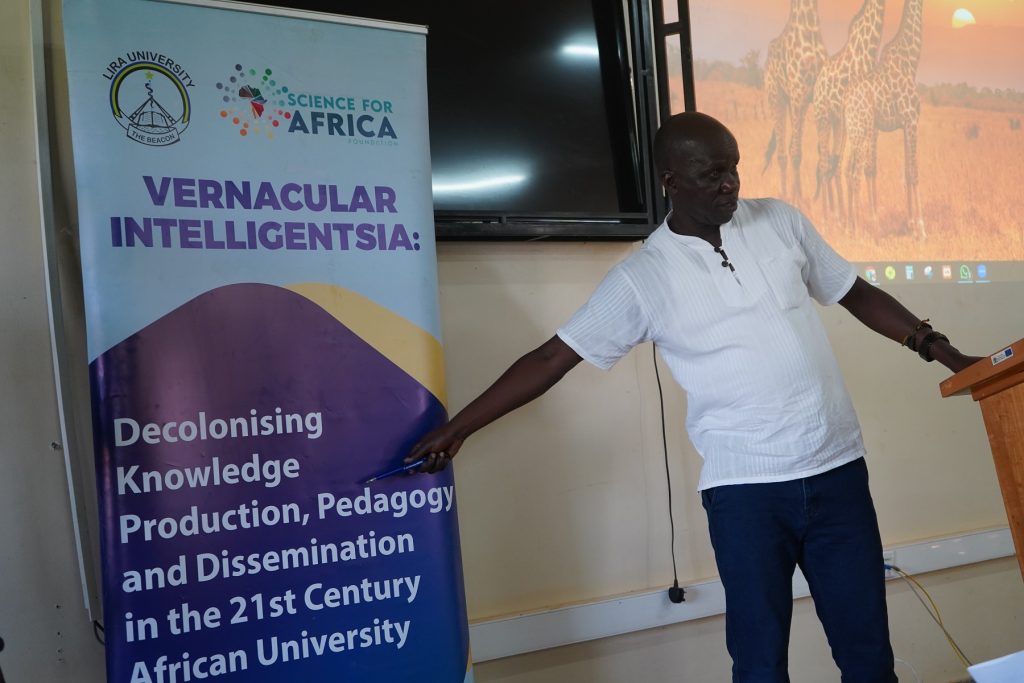
Dr. Laury Ocen making a presentation
He was speaking as Chief Guest during the Public lecture at Seminar Hall, Lira University Main Campus on 4th September 2025, with the theme: Intellectual Histories of Indigenous Knowledge Communities: Reframing Notions of Episteme, Context, and Methods from Interdisciplinary Perspectives. A research conducted by Dr. Laury Lawrence Ocen, Possible Africa Post Doc Fellow Faculty of Education, Lira University, funded by Science For Africa, Corporation Of New York.
Deputy Vice Chancellor, Assoc. Prof. Okaka Opio Dokotum described indigenous knowledge as the “bed rock of identity and progress”. He added that colonialists disrupted indigenous knowledge and practices in pretence of bringing civilisation to Africa.
“Europeans indigenous knowledge disruption was a cultural shock and trauma to Africans, brain washed us in many ways of life and belief,” Prof. Okaka Opio Dokotum reveals, praising Dr. Laury Ocen for doing the research. “As educational institutions, we need to mainstream indigenous knowledge into our academic activities today, this way, we shall not go wrong, the future is bright for such initiatives,” he emphasises.
Prof. Okaka Opio Dokotum lauded the Uganda Government for recognising the importance of the indigenous knowledge and allocating billions of shillings this financial year for doing traditional herb research.
While presenting the research findings, Dr. Laury Ocen said that indigenous knowledge contributes immensely to cultural preservation and diversity, passing on traditions and revitalizing local communities.
He noted that the traditional knowledge has potentials to foster equitable and sustainable tourism by integrating traditional wisdom; and its ability to foster collaboration between indigenous peoples and policymakers, leading to innovative solutions for global challenges.
According to Dr. Ocen, the main objective of the research in Lango was to analyse how the intellectual histories of oral knowledge communities mobilise particular indigenous knowledge forms to shape discourse and practice in contemporary communities ruled by values and epistemes of conventional sciences, with intention to trigger epistemic conversations between indigenous/folk sciences on the one hand and empirical sciences on the other and to understand the sources of indigenous oral forms of knowledge, how they are created transmitted, branded and transferred.
Critical questions
- How do indigenous oral forms of knowledge survive epistemic violence of exclusion, stigma, expropriation, and misrepresentation by modern sciences backed by government policies, academic theories, neoliberalism, international protocols of practice, etc?
- What interdisciplinary possibilities does a study of indigenous oral knowledge communities offer to the academy and public discourse?
- How are such knowledge forms are created, stored, marketed, transferred, and protected (using historicity or oral technologies of knowledge)?
What is a knowledge community?
- Community with a known history of knowledge that has specific methods of creating, dispensing, storing and transferring that knowledge in ways that benefit a sizeable clientele using ethical methods that govern the production and consumption of that knowledge.
- Knowledge communities (KC) produce indigenous intellectuals. In the context of this study, they are informally schooled, semi- formally schooled knowledge experts who have not gone beyond secondary school level 4 (in Uganda’s education system)
- Their communities recognize them as knowledgeable and intellectually influential.
- In studying oral knowledge communities, we do not exclusively use the historiography of industrial societies theorized in western scholarship.
- These KC derive their knowledge from folk traditions such as heritage, oral history and literature, belief, rites, eco-culture
- Sources of transmission include anecdotes, tales, vignettes, short speech forms, etc
The knowledge fields Dr. Ocen studied included Health: Herbal medicine, child, and maternal health, Agriculture and Environment, Building and Appropriate Technology and Food and Nutrition—Conceptualization of food systems.
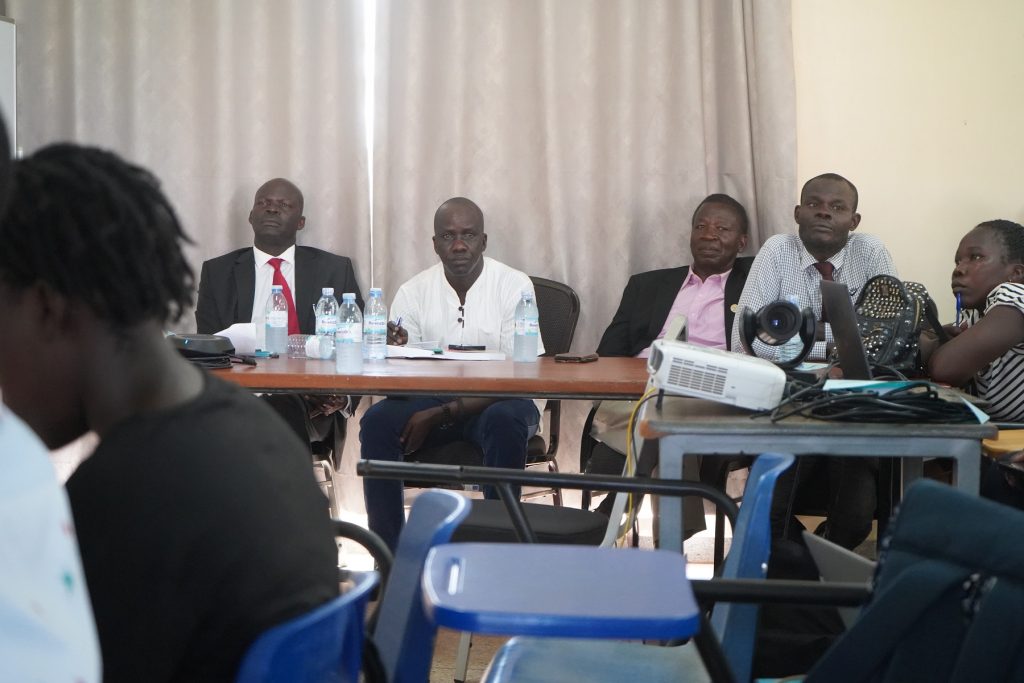
Interdisciplinary
- It is not just about subjects or disciplines speaking to each other
- It encapsulates intellectual freedom that allows scientific, pedagogical and ethical inquiries that level power relations among conventional experts and folk intellectuals
- Interdisciplinary is also used as a pedagogical trajectory intended to diffuse disciplinary biases to enhance equal, non-hierarchical collaboration between indigenous vernacular intellectuals and elite scholars
- Interdisciplinary then demystifies existing academic superstitions thus levering free participation and creation of scientists without borders.
On Nutrition Folk Science, the research indicates that Lango community conceptualizes a local brew “Kongo Ting” as Food (beverage as food), with the drink brewed through a process that takes one month and is drunk from a pot using long straws.
“The community says Kongo Ting is Food Supplement, builds a culture of communal fellowship, and has multiple ceremonial values, identity and ethno-nationalism,” he adds.
For Agriculture and Environment, the research shows that Woman and Oxen (gender and masculinity re-imagined in agricultural fields as the leafy environment is convenient to the wellbeing of the oxen.
He adds, “The knowledge of feeding the oxen, taming, yoking, and driving the oxen is indigenous to the community.”
With theoretical formations and the making of the unschooled intellectual, hereditation: Knowledge inherited from traditions and cultures, the massage therapist belongs to a clan (Inomo) believed to have hereditary massage and bone setting skills.
“All those with Inomo blood can conduct massage therapy,” he explains.
On biodiversity Conservation, he explains thatIndigenous peoples’ knowledge and practices are crucial for conserving biodiversity. Their territories are home to a significant portion of the world’s biodiversity, a direct result of their sustainable resource management techniques.
Dr. Ocen reveals that traditional environmental knowledge and practices help build community resilience in the face of environmental changes and disasters, as they often include time-tested methods for adapting to local conditions.
Dr. Ocen noted that by fostering harmony between humans and the environment, indigenous knowledge contributes to the overall well-being and health of communities. “Collaboration with indigenous communities in areas like tourism fosters cultural exchange and helps ensure that tourism benefits are shared equitably, supporting local economies and promoting cultural respect,” Dr. Ocen further explains.
Recognizing indigenous knowledge as a legitimate and valuable source of information, Assoc. Prof. Kumakech Edward asserts that it can improve policy development by creating avenues for dialogue and collaboration between indigenous peoples, governments, and scientists.
Prof. Kumakech further observes that Indigenous knowledge serves as a vital bridge between traditional wisdom and modern scientific methods, creating innovative solutions by integrating different ways of understanding the world.
John Ogwang, a lecturer, was the discussant with Emmanuel Oyo as the moderator. Several staff members, students and members from the public attended the Public lecture.

